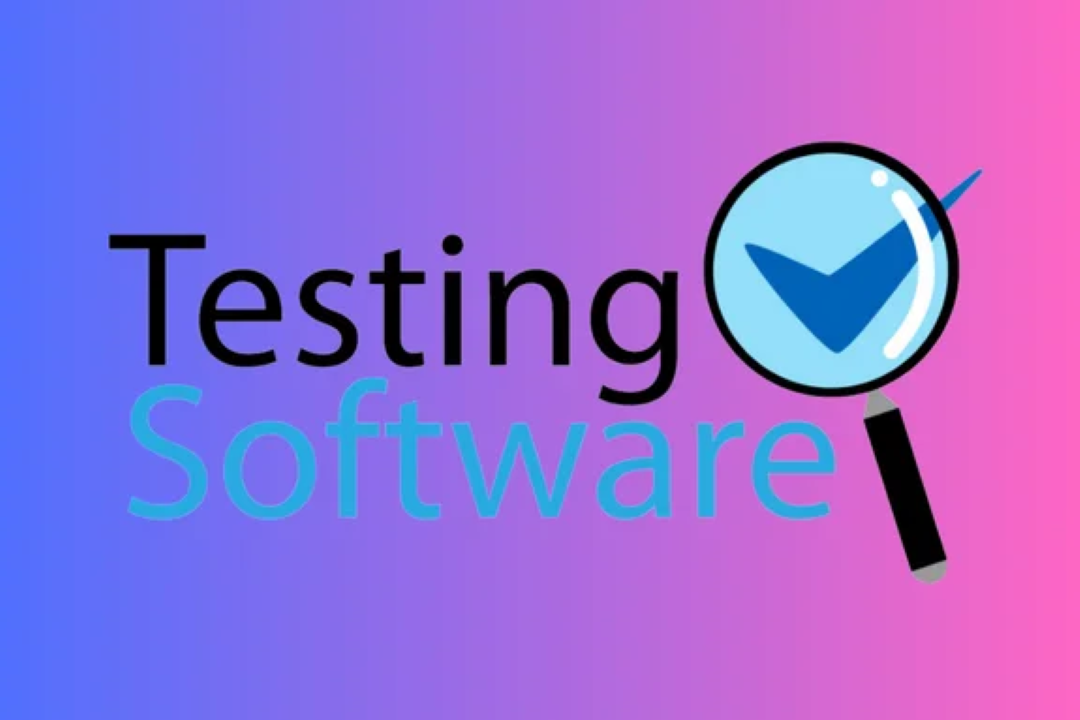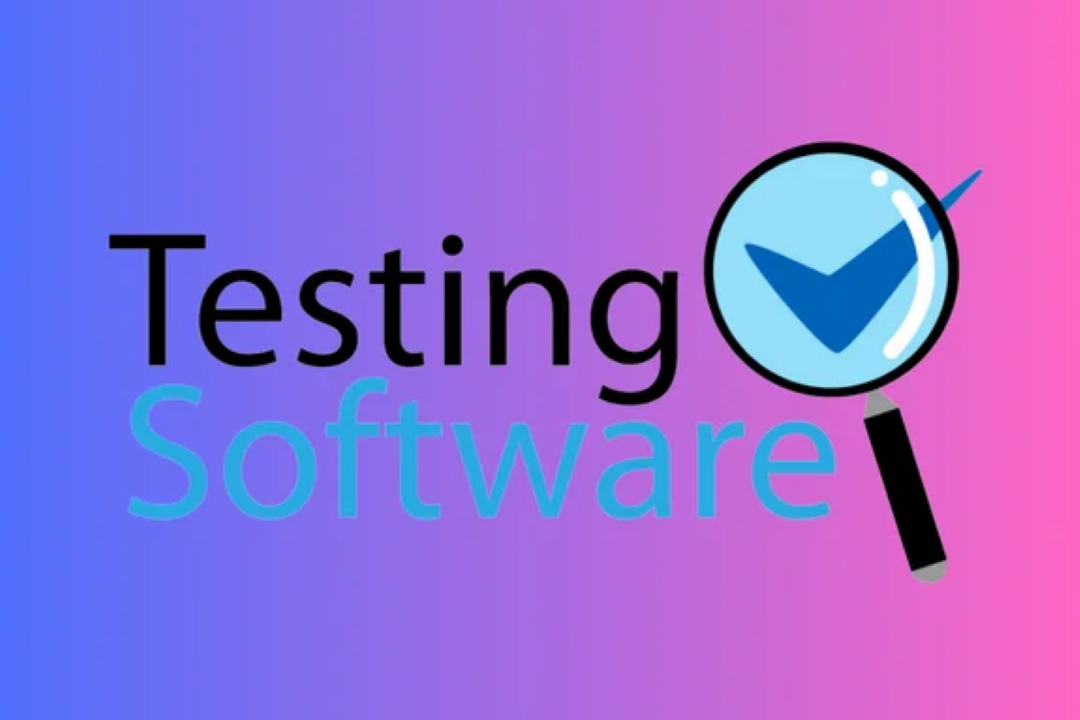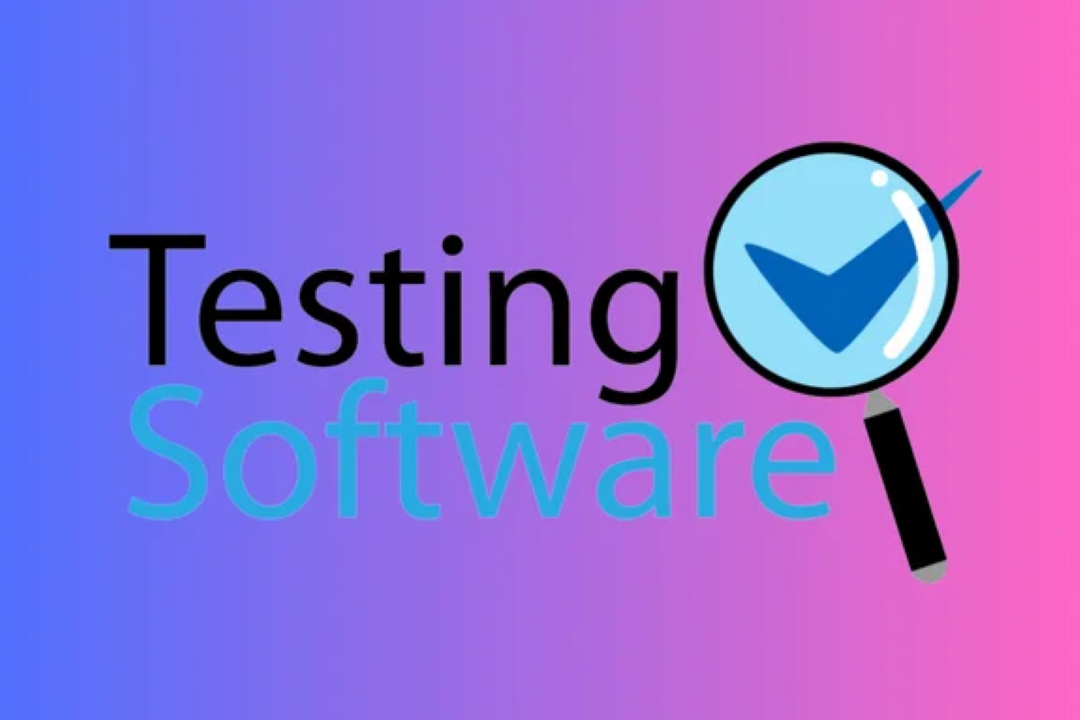selenium testing courses in CHENNAI
Selenium testing courses in Chennai are designed to equip participants with the skills and knowledge
selenium testing courses in CHENNAI
Selenium testing courses in Chennai are highly beneficial for aspiring software testers and quality assurance professionals looking to enhance their skill set in automated testing. These courses provide in-depth knowledge of the Selenium framework, allowing participants to efficiently automate web application testing, which significantly reduces testing time and increases accuracy. With hands-on experience through real-time projects, learners not only understand the theoretical aspects but also gain practical skills that are directly applicable in the industry. This proficiency in automation testing positions them competitively in the job market, as companies increasingly seek professionals who can ensure high-quality software delivery through effective testing practices.
To Download Our Brochure: https://www.justacademy.co/download-brochure-for-free
Message us for more information: +91 9987184296
Selenium testing courses in Chennai are highly beneficial for aspiring software testers and quality assurance professionals looking to enhance their skill set in automated testing. These courses provide in depth knowledge of the Selenium framework, allowing participants to efficiently automate web application testing, which significantly reduces testing time and increases accuracy. With hands on experience through real time projects, learners not only understand the theoretical aspects but also gain practical skills that are directly applicable in the industry. This proficiency in automation testing positions them competitively in the job market, as companies increasingly seek professionals who can ensure high quality software delivery through effective testing practices.
Course Overview
The Selenium Testing Course in Chennai is designed to equip participants with comprehensive knowledge and practical skills in automated testing using the Selenium framework. This course covers essential topics such as Selenium WebDriver, test automation strategies, creating and executing test scripts, and integrating with testing frameworks like TestNG and JUnit. Through real-time projects and hands-on exercises, learners will gain valuable experience in testing web applications efficiently. Additionally, the course emphasizes best practices in automation and offers insights into continuous integration and development. By the end of the course, participants will be well-prepared to pursue careers as Selenium testers, enhancing their employability in the fast-growing software testing industry.
Course Description
The Selenium Testing Course in Chennai is a comprehensive program designed to provide learners with in-depth knowledge of automated testing using the Selenium framework. Participants will explore key concepts such as Selenium WebDriver, test automation frameworks, and best practices for developing robust test scripts. The course emphasizes hands-on practical experience, enabling students to work on real-time projects that reflect industry standards. By the end of the course, learners will be equipped with the necessary skills and confidence to excel in the field of software testing, making them valuable assets in today’s competitive job market.
Key Features
1 - Comprehensive Tool Coverage: Provides hands-on training with a range of industry-standard testing tools, including Selenium, JIRA, LoadRunner, and TestRail.
2) Practical Exercises: Features real-world exercises and case studies to apply tools in various testing scenarios.
3) Interactive Learning: Includes interactive sessions with industry experts for personalized feedback and guidance.
4) Detailed Tutorials: Offers extensive tutorials and documentation on tool functionalities and best practices.
5) Advanced Techniques: Covers both fundamental and advanced techniques for using testing tools effectively.
6) Data Visualization: Integrates tools for visualizing test metrics and results, enhancing data interpretation and decision-making.
7) Tool Integration: Teaches how to integrate testing tools into the software development lifecycle for streamlined workflows.
8) Project-Based Learning: Focuses on project-based learning to build practical skills and create a portfolio of completed tasks.
9) Career Support: Provides resources and support for applying learned skills to real-world job scenarios, including resume building and interview preparation.
10) Up-to-Date Content: Ensures that course materials reflect the latest industry standards and tool updates.
Benefits of taking our course
Functional Tools
1 - Selenium WebDriver: Selenium WebDriver is the core component of the Selenium testing suite. It allows testers to write automated tests for web applications across various browsers. With its rich API and ability to interact with DOM elements, students learn how to create scripts that simulate user interactions. The tool supports multiple programming languages, including Java, C#, Python, and Ruby, enabling flexibility in test script implementation. Through real time projects, students gain hands on experience with WebDriver's capabilities, such as managing cookies, handling alerts, and navigating between web pages.
2) TestNG: TestNG is a testing framework designed to facilitate test case management and execution. It extends JUnit and provides powerful annotations for organizing tests, test method priorities, and test case grouping. In the Selenium Testing Course, students learn to integrate TestNG with their Selenium scripts, enhancing their test automation process. TestNG’s features like data driven testing, parallel execution, and detailed reporting enable students to write clean, efficient, and maintainable code, which is crucial in real world testing scenarios.
3) Apache Maven: Apache Maven is a project management and comprehension tool that automates the building and dependency management of Java projects. During the Selenium testing course, students are introduced to Maven, learning how to manage libraries and projects efficiently. Through practical examples, they understand how Maven can simplify the process of configuring Selenium projects, enabling them to focus more on test development and less on setup issues. The integration of Maven in projects also aids in maintaining project consistency across different environments.
4) JUnit: JUnit is another popular testing framework that provides annotations, assertions, and test runners for managing and running test cases. In the course, students learn how to use JUnit to implement unit tests for their Selenium scripts, gaining an understanding of the importance of testing at various levels. The course emphasizes writing clean, modular test cases with JUnit, teaching students to leverage its capabilities to create robust testing suites that can be executed efficiently.
5) Selenium Grid: Selenium Grid is a powerful tool for running tests on multiple machines and browsers simultaneously, thereby enhancing test execution speed and efficiency. The course covers setting up a Selenium Grid environment, enabling students to distribute tests across different operating systems and browsers. This hands on experience provides students with insights into handling tests at scale, which is essential for organizations seeking to accelerate their QA processes. By understanding grid architecture, students are better equipped for real world automation challenges.
6) Cucumber: Cucumber enhances the automation process by facilitating Behavior Driven Development (BDD). In this course, students learn how to write test cases in plain English using Gherkin syntax, which can then be executed with Selenium. By integrating Cucumber with Selenium, students grasp the concept of bridging the communication gap between technical and non technical stakeholders. They acquire skills in creating scenarios that reflect business requirements, thus ensuring that automated tests align closely with user expectations. This knowledge prepares students for collaborative work environments where testing plays a critical role in the software development lifecycle.
7) Page Object Model (POM): The Page Object Model is a design pattern that promotes code reusability and maintainability in automated testing. In the Selenium testing course, students learn how to implement POM by creating separate classes for each page of the application under test. This approach encapsulates the interactions with web elements and enhances the readability of test scripts. By utilizing POM, students gain practical skills in reducing code duplication and managing complex test scripts more effectively, which is essential for efficient test automation in large projects.
8) Continuous Integration (CI)/Continuous Deployment (CD): Understanding CI/CD pipelines is crucial for modern software development. The Selenium testing course introduces students to tools such as Jenkins, Travis CI, and GitLab CI, showcasing how to automate the testing process within a CI/CD framework. Students learn how to trigger Selenium tests automatically upon code commits and how to integrate testing into the deployment process. This knowledge empowers them to contribute to faster release cycles and ensures that application changes are tested thoroughly and efficiently.
9) Handling AJAX Calls: AJAX calls often create challenges in automated testing due to their asynchronous nature. The course addresses these challenges by teaching students techniques for waiting for AJAX calls to complete before proceeding with test execution. Students learn to implement explicit and implicit waits, as well as handling dynamic web elements that are dependent on AJAX requests. This understanding is critical for ensuring stable and reliable test automation, especially for modern web applications that heavily rely on AJAX technology.
10) Browser Compatibility Testing: Ensuring that web applications work seamlessly across different browsers and devices is essential in quality assurance. The course provides insights into conducting browser compatibility tests using Selenium. Students learn how to set up their testing environments to utilize various browsers, including Chrome, Firefox, and Safari. They gain hands on experience in identifying and resolving browser specific issues, which prepares them to tackle real world scenarios where cross browser compatibility is vital for user satisfaction.
11 - Reporting and Logging: Effective reporting and logging practices are key components of any testing strategy. Throughout the course, students are taught how to integrate reporting libraries such as Extent Reports and Allure with Selenium. They learn to generate detailed reports that include insights into test execution results, logs, and screenshots upon test failures. This capability not only aids in debugging but also provides stakeholders with clear visibility into the testing process, ultimately enhancing the overall quality assurance workflow.
12) Performance Testing Integration: Understanding the intersection of functional testing and performance testing can significantly enhance test strategies. The Selenium testing course touches on how to integrate performance testing tools like JMeter with Selenium scripts. Students learn how to create performance test scenarios that simulate heavy user loads while also verifying application functionality. This dual focus provides a comprehensive skill set that is highly sought after in the software testing industry.
13) Mobile Testing with Appium: As mobile applications become more prevalent, knowledge of mobile testing is an essential addition to a tester’s skill set. The course introduces Appium, a tool for automating mobile applications on both Android and iOS platforms. Students learn how to set up Appium, write automated tests for mobile applications, and address specific mobile testing challenges. This aspect of the course prepares students for the growing demand for testers who can effectively automate both web and mobile applications.
14) Managing Test Data: Proper management of test data is vital for conducting comprehensive tests. The course covers strategies for managing and preparing test data effectively, including the use of external data sources such as CSV files, Excel sheets, and databases. Students learn how to implement data driven testing using TestNG and how to parameterize their test scripts. This knowledge equips them with the ability to run tests with varying inputs and ensures a thorough validation of application behavior.
15) Real World Project Simulation: Towards the end of the course, students engage in a simulated real world project that brings together all the concepts learned. They collaborate on creating an automated testing framework for a sample application, apply best practices, and work in teams to tackle common testing challenges. This hands on experience not only solidifies their understanding of Selenium and testing frameworks but also prepares them for professional environments where collaboration and practical application of skills are critical for success.
Browse our course links : https://www.justacademy.co/all-courses
To Join our FREE DEMO Session:
This information is sourced from JustAcademy
Contact Info:
Roshan Chaturvedi
Message us on Whatsapp: +91 9987184296
Email id: info@justacademy.co












